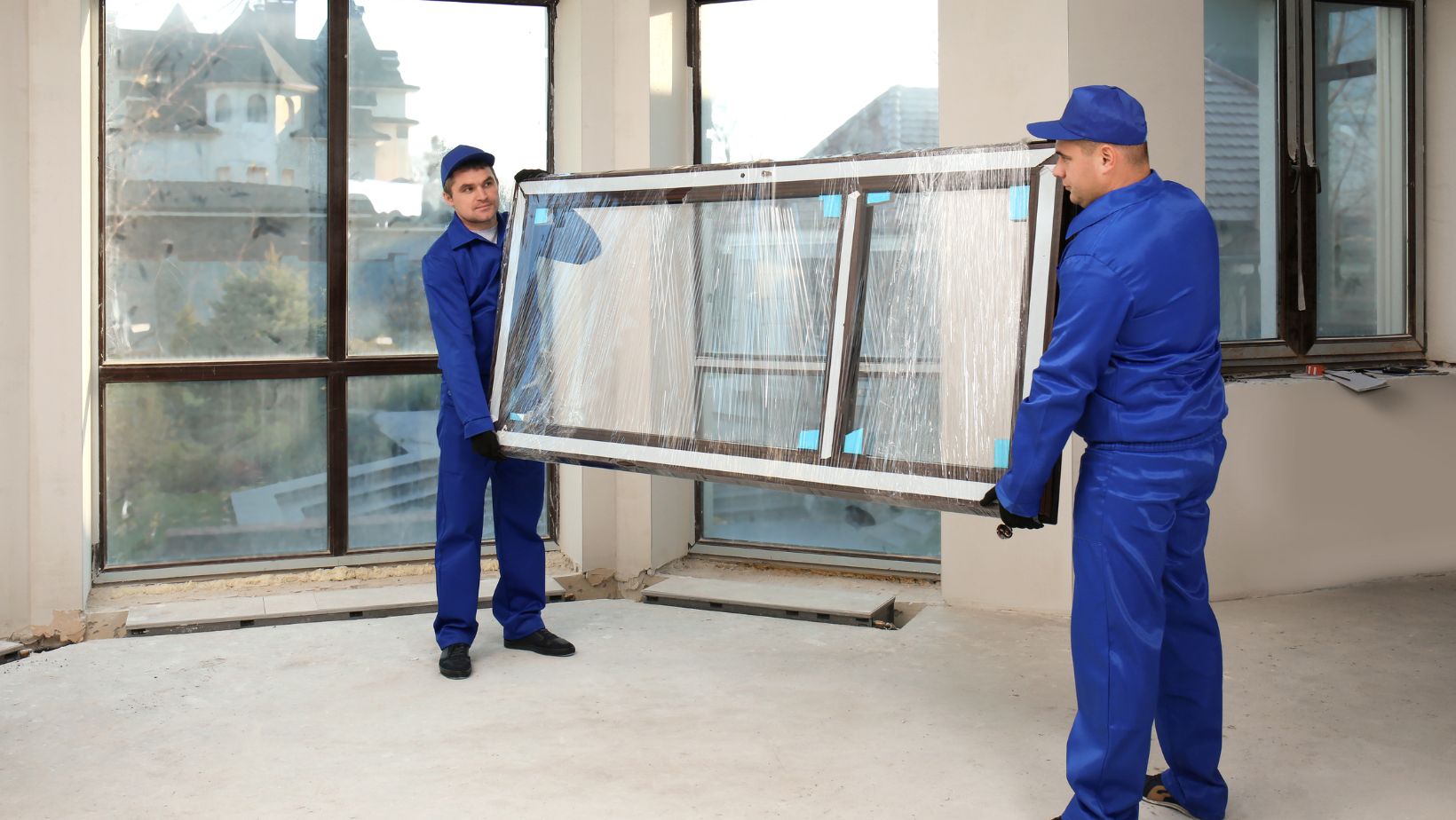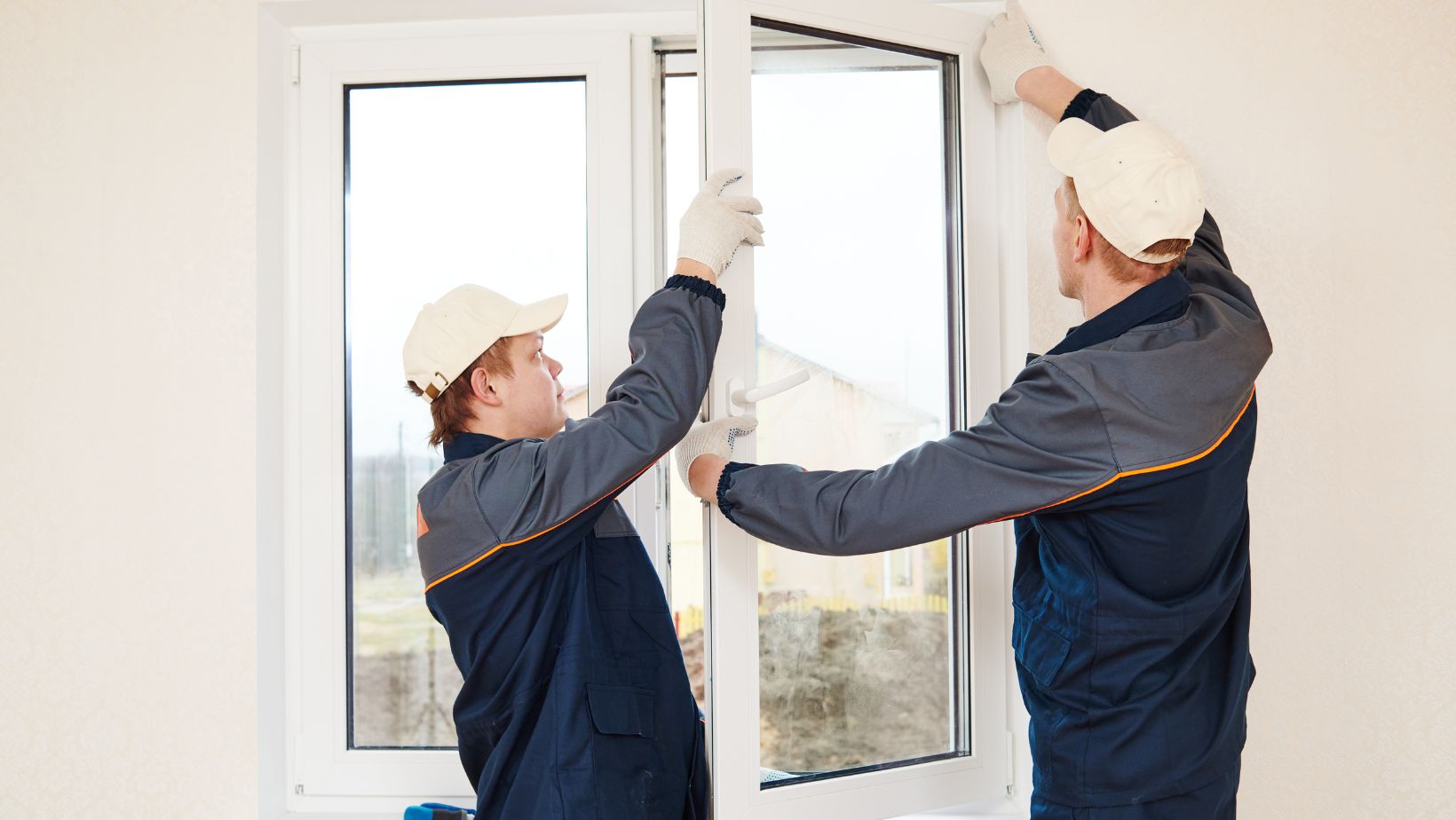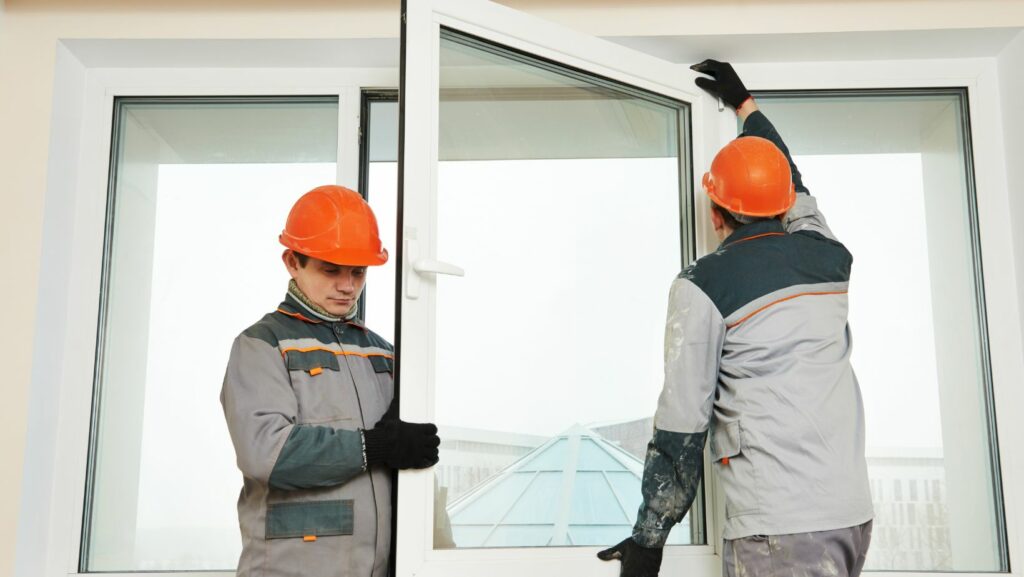Replacing windows is a significant investment for homeowners, impacting both a home’s aesthetic appeal and energy efficiency. Proper budgeting for this project is crucial to ensure a seamless process without financial strain. If you’re searching for affordable replacement windows in Dallas, we will explore the various costs and considerations of window replacement to help you make informed decisions. From understanding the different types of windows available to considering labor costs and potential energy savings, we will provide a comprehensive overview to help you budget effectively for your window replacement project.
Understanding Window Types and Materials
One of the first steps in budgeting for replacement windows is understanding the different types and materials available. Windows come in various styles, including double-hung, casement, sliding, and bay windows, each with its cost implications. Additionally, the material of the window frames, such as vinyl, wood, aluminum, or fiberglass, can significantly affect the overall cost. Vinyl windows are often the most affordable option, known for their durability and low maintenance. While more expensive, wood windows offer a classic aesthetic and excellent insulation properties. Aluminum and fiberglass windows fall somewhere in between, balancing cost and performance. When selecting window types and materials, consider the specific needs of your home, such as climate, architectural style, and personal preferences, to make a choice that aligns with your budget and desired outcome.
Labor and Installation Costs
Labor and installation costs are a significant component of the overall budget for replacement windows. Professional installation ensures that windows are fitted correctly, providing optimal performance and longevity. The labor cost can vary based on several factors, including the complexity of the installation, the number of windows being replaced, and the geographic location. In some cases, additional costs may arise if structural modifications are needed, such as resizing window openings or repairing damage to the surrounding area.

It’s essential to obtain multiple quotes from reputable contractors to understand the average installation costs in your area. While it might be tempting to opt for the lowest bid, remember that quality workmanship is crucial for the longevity and performance of your new windows. Investing in experienced and reliable professionals can save you money in the long run by preventing issues such as air leaks, water damage, and energy inefficiency.
Energy Efficiency and Long-Term Savings
Energy efficiency is a critical consideration when budgeting for replacement windows. High-performance windows can significantly reduce energy consumption, lower utility bills, and create a more comfortable living environment. Energy-efficient windows typically feature advanced technologies such as double or triple glazing, low-emissivity (Low-E) coatings, and gas fills like argon or krypton. While these windows may have a higher upfront cost, the long-term savings on heating and cooling expenses can offset the initial investment. Some energy-efficient windows may also qualify for rebates or tax credits, providing further financial incentives. When evaluating the cost of replacement windows, consider the potential energy savings and the impact on your home’s overall energy efficiency. Investing in high-quality, energy-efficient windows can enhance your home’s value and save significantly over time.
Additional Costs and Hidden Expenses
Beyond the obvious costs of materials and labor, several additional expenses can impact your window replacement budget. For instance, removing and disposing of old windows may incur extra charges. Some contractors include this in their overall estimate, while others charge separately. It’s essential to clarify this aspect upfront to avoid surprises. Furthermore, unforeseen issues such as rot or mold in the existing window frames may necessitate repairs, adding to the overall cost. Another potential expense is the cost of permits, which may be required for window replacement projects in certain areas. Homeowners’ associations (HOAs) might also have specific regulations or guidelines that could influence the choice and installation of windows, potentially adding to the costs.

Finally, remember to budget for finishing touches, such as painting or staining new window frames, as these can enhance the appearance and longevity of your investment. By accounting for these additional costs, you can develop a more accurate and comprehensive budget for your window replacement project.
Maximizing Value with Smart Choices
Making smart choices can help you maximize the value of your investment in replacement windows. One approach is to prioritize windows in areas that will yield the most significant benefits, such as those with the most exposure to sunlight or the highest levels of wear and tear. Consider the overall impact on your home’s curb appeal and resale value. High-quality windows can enhance your home’s aesthetic appeal, making it more attractive to potential buyers.
Another strategy is to explore financing options that can spread the window replacement cost over time, making it more manageable within your budget. Some window manufacturers and contractors offer financing plans with favorable terms, allowing you to upgrade your windows without a significant upfront expense. Lastly, take advantage of seasonal promotions and discounts, which can reduce the overall cost of your project. By carefully planning and making informed decisions, you can achieve a successful window replacement project that adds value and comfort to your home.
Budgeting for replacement windows involves carefully considering various factors, from the choice of materials and window types to labor and installation costs, energy efficiency, and additional expenses. Understanding these elements and making informed decisions can help you develop a realistic and comprehensive budget for your window replacement project. By prioritizing quality and energy efficiency, you can maximize the value of your investment and enjoy long-term savings on energy bills. Additionally, being aware of potential hidden costs and exploring financing options can make the project more manageable within your budget. Ultimately, replacing your windows is a significant investment that can enhance your home’s comfort, appearance, and value, making it worthwhile for any homeowner.


More Stories
Luxury Glassware for Yachts — Which Collections Are Worth Bringing On Board
Zoning Spaces Within a Single Room: Architectural Strategies for Spatial Clarity
Luxury Upgrades on a Budget: How to Achieve a High-End Look for Less